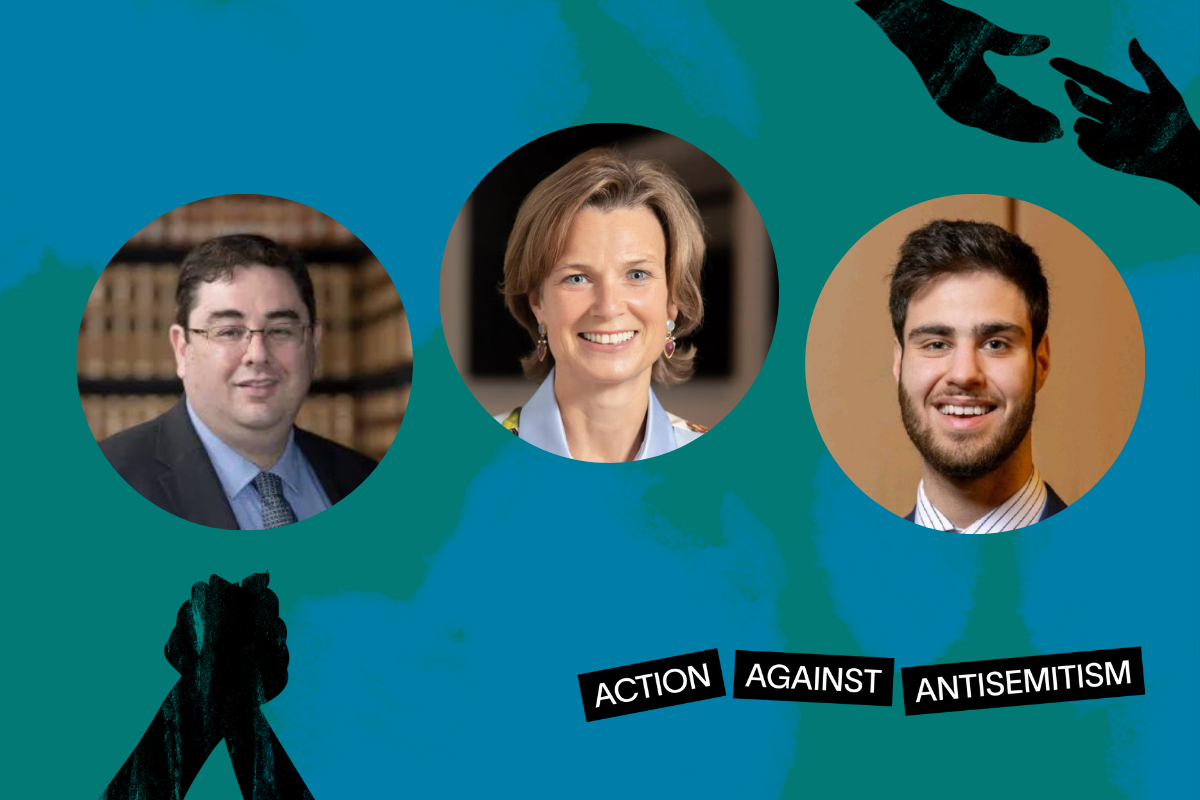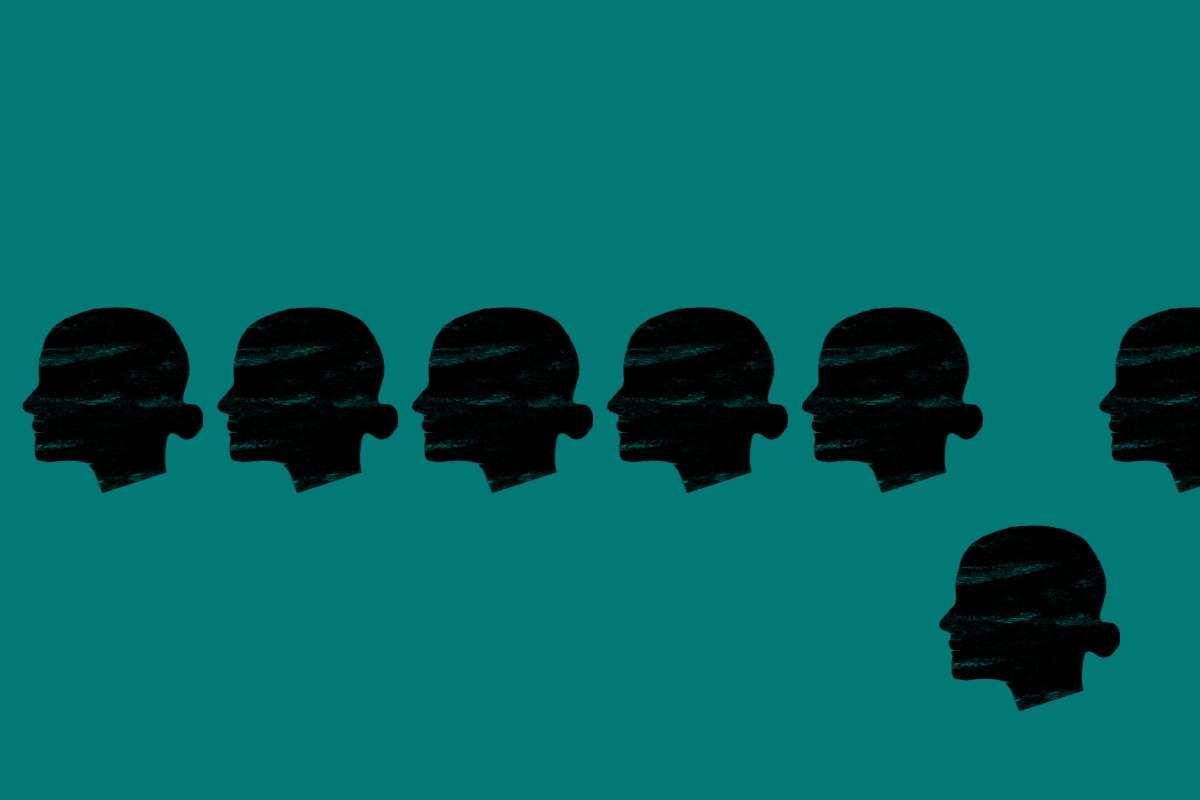Published: 8 October 2019
Last updated: 5 April 2024
WHEN NOAH HEARD THE voice that called him to build an ark to save human lives and animal biodiversity from the approaching flood, he complied with devotion. Most likely, Noah built his ark while his neighbours were watching, oblivious to the corruption of humankind that he had observed. Only when a few drops fell of what would soon become the largest natural disaster in biblical history, did Noah’s work start to make sense.
Global warming is the current manifestation of the flood that we have brought on ourselves. It is a warning of how ill our Earth is. This disaster is caused by our crimes against mother nature. The urgency transcends ideological discussion.
We must address the consequences of our consumption and production of goods and services. The list includes overexploiting the soil, the water, the air and the natural resources.
The difference between the sophisticated creatures we are, and the sensitive humans we should be, is reflected in the flawed criteria we apply to the distribution of resources and lack of fairness in the social order. By disregarding the freedom we enjoy through living in community, we are shirking responsibility for our fellow human beings and sharing planet Earth.
The starting point, then, is an acknowledgement that we must change our habits. Being sustainable is everyone’s responsibility and it needs to be assumed personally. Changing our habits requires values that shouldn’t simply be announced. Instead, each one of us needs to embody and act accordingly in what we consume, eat, produce and in the way we use water, energy and recycle waste.
We no longer need to look for those who are guilty, nor do we need to disclose and report. And just like Noah devotedly listened to the voice that called him to build the ark, we are being called to immediate action as individuals, communities and nations.
It’s time to send our dove of peace, just as Noah did, so we can sign the final draft of the treaty that was started in Paris in 2015.
The Torah actually describes the materials and the highly specific construction plan for the ark. We could say that the flood that we have brought upon us - destroying biodiversity, leading animals to extinction, and contaminating the seas - is a calling to all nations to build an ark. That way we can reverse its effects.
The environmental issue has been challenging us since the Industrial Revolution, when the burning of fossil fuels and later, the invention of the steam engine, became trademarks of industry.
Since then, rises in global temperatures have been recorded, indicating that we are in a state of crisis and very close to the flood the Torah warns us about. There are no longer any stormy rains or short droughts. Global warming is the alarm that our time is up.
Producing and consuming in a linear economy with no boundaries pressures us to consume new products and services, and to throw away what is still useful. Not only do we leave waste and pollution behind, but millions of people are victims of exclusion, hunger and extreme poverty.
This results in a fundamental lack of fairness in the distribution of resources around the globe. It is not about everyone having the same, but about no one lacking what is basic to all human life. This time, however, it’s not only the voice of God we must listen to, but to every single one of our children who wisely insist that we stop arguing and start working.
This new ark for the upcoming flood is the sustainable development goals (SDG) of the 2030 UN agenda. Nations are reuniting in conference rooms instead of reuniting in action and alliances, but their goals are the materials and construction plan to build the ark.
The 169 UN goals and their indicators range from zero hunger to gender equality to education, water access, renewable energies, health care, sustainable cities, and biodiversity conservation that bring resilience and peace among people. In this context, global warming and climate change are the highest priorities. All the goals help us re-think the way we perceive our home: Mother Nature.
It’s time to send our dove of peace, just as Noah did, to get that olive branch so we can sign the final draft of the treaty that was started in Paris in 2015. Then we can reclaim a new brit shalom between humanity and nature, this time worshipping all life on earth.
I hope that at the next climate conference in Chile at the end of this year, we can seek to understand that the 2030 agenda of sustainable development is not a technical discussion, but an ethical one that involves a new understanding of human rights. Then we can live as brothers and sisters, and together strive for Tikun Olam – the restoration of our beloved planet Earth.




